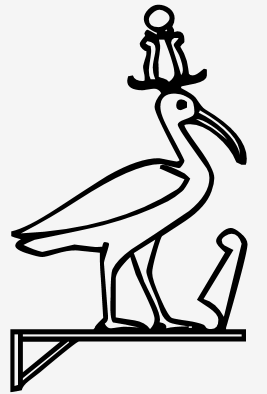Pentad (πεντάς) is the ancient Greek word for “five.” The ancient Pythagoreans considered the numbers 1-10 each to embody certain qualitative aspects (in addition to their quantitative function). Speculation on the qualities of the first ten numbers is sometimes called “arithmology” by modern scholars, in order to distinguish it from from the modern sense of “arithmetic.”
On the Pentad (περὶ πεντάδος):
Plutarch On the E at Delphi 388a-c: “Since two makes the first of the even (ἄρτιος) numbers and three the first of the odd (περιττός), and five is produced by the union of these numbers, very naturally five has come to be honored as being the first number created out of the first numbers; and it has received the name ‘marriage’ (γάμος) because of the resemblance of the even number to the female (θῆλυ) and the odd number to the male (ἄρρεν). For in the division of numbers into two equal factors, the even number separates completely and leaves a certain receptive opening (δεκτικὴ ἀρχή) and, as it were, a space (χώρα) within itself; but in the odd, when it undergoes this process, there is always left over from the division a generative middle part (μέσον… τῆς νεμήσεως μόριον)…. Let it suffice to say that the Pythagoreans called Five a ‘Marriage’ (γάμος) on the ground that it was produced by the association (ὁμιλία) of the first male number and the first female number.”
Isopsephy of 5 (prime):
- δᾶ (da) – earth (Doric for γᾶ, γῆ)
